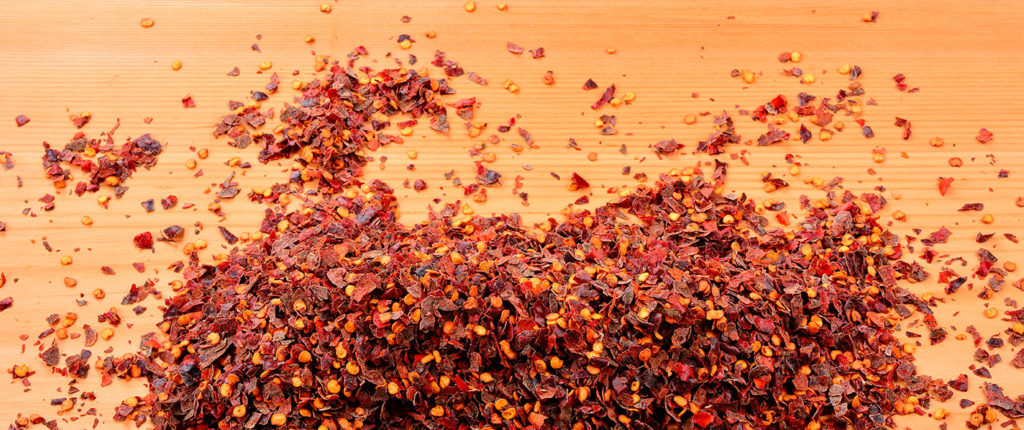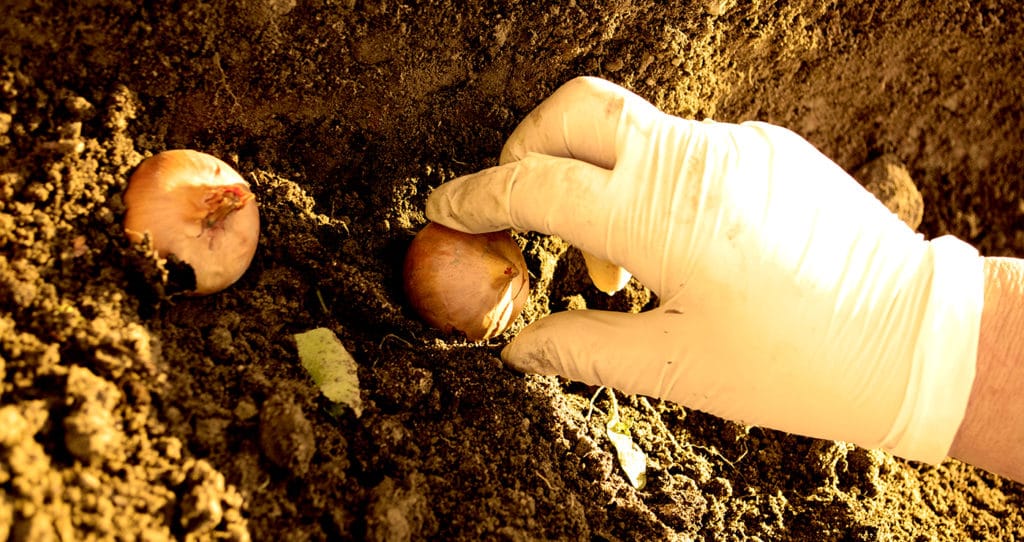How do I keep deer and rabbits from eating my plants?
Wild deer do more than just make themselves a pest in your garden. They bring pests to your garden that you don’t want on you, or your pets. Things like ticks, fleas, parasites in their droppings and much more. They can be large animals that can do lots of damage to some of the fragile things we like to decorate our gardens with as well. So this is a humane and effective way to keep them trotting past the garden you worked so hard to build.
Things You’ll Need To Keep Deer From Eating Your Plants
- Shovel
- Spade
- Crushed red pepper
- Onions and garlic
- Hot sauce
- Filtered, purified or spring water
Select rabbit and deer-resistant flowers to plant in your garden. Some flowers that rabbits and deer tend to avoid eating include astilbe, daffodils, marigolds, snapdragons, daylilies, primrose and peonies.
Choose a suitable planting location for your rabbit and deer-resistant flowers. Plant flowers labeled ‘Full Sun’ in an area that receives six to eight hours of direct sunlight per day. Plant flowers labeled ‘Partial Sun’ in an area that receives up to four hours of direct sunlight each day. Select a planting location that provides the appropriate amount of sunlight and offers your flowers well-draining soil.
Next, Check Your Spice Drawer
Sprinkle 1 tbsp. of crushed red pepper into each of the planting holes when planting the flowers in your garden to make them even less appealing to rabbits, deer and other garden pests.
Mix 2 tbsp. of hot sauce into 10 gallons of filtered, purified or spring water. Spray the flowers in your garden with the hot sauce solution once every two weeks to further discourage rabbits and deer from eating them.
A Few Extra Additions to Your Garden For Good Measure
Plant onions and garlic around the perimeter of your garden to discourage rabbits and deer from entering. Rabbits generally know better than to eat garlic or onions, which can trigger severe anaphylactic reactions, and even deer seem to find these powerfully potent plants less than appealing.
Check your state and local codes before starting any project. Follow all safety precautions. Every effort has been made to ensure the accuracy and safety of this information. Neither Westlake nor any contributor can be held responsible for damages or injuries resulting from the use of the information in this document.




